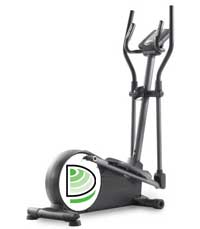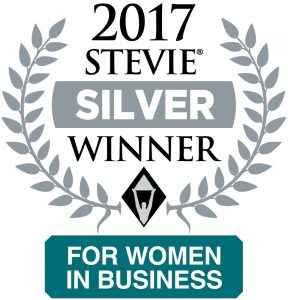Have you ever found yourself wondering how to handle a situation in the best way possible?
Whether as an organizational leader, a parent, or community volunteer, we sometime find ourselves in situations where answers or solutions are not clear cut or easy.
So, the fall back questions often are:
What should I do? Or
What is the right thing to do?
I’m going to suggest that the answers to these 2 questions may be very different and could dramatically impact the results.
The whole concept of what a person should do conjures up all kinds of guilt, regret, resentment and pressure. What will people think? How will people react? What will people say? It’s almost implied that there will be a lot of blame or excuses, either preceding the decision or after the decision is made. Usually, there is a lot of judgment and drama when people act on what they think they should do.
There’s an annoying expression used by life coaches and other personal advisors: “Stop should-ing on yourself.” That expression alone, is enough to instill resentment and pressure!
I’m not suggesting that other peoples’ opinions or reactions aren’t important or need to be considered. However, this approach to decision making is externally driven. And somehow, no one is ever really happy or satisfied with the end result if solutions are based solely on that question.
When the question, situation or dilemma is re-phrased to “what is the right thing to do?” there is a new set of dynamics in place that can lead to a very different conclusion or solution.
When you take ownership, accountability and responsibility for doing the right thing, there is no judgment. The results are not good or bad or right or wrong. There’s no self-righteousness, bravado or fear.
There is clarity, a sense of calm and peace of mind that can come with doing the right thing. Most likely, when doing the right thing, the solution considers what is for “the good-of-the-whole.” The best way to achieve this is to go back to the purpose and vision of the organization, the project or the intended outcomes. Put aside any special interest groups or pressure from those who are positional and self-serving.
Is doing the right thing easy? No.
Is it risky. Yes.
Is it worthwhile? Only if you want to look yourself in the mirror each day and know in your heart that you did the best you could.
Marty Stanley is a national speaker, consultant and executive coach on personal and organizational change. Her new book From Type A to Type T: How to Be A Transformational Leader in a Bottom Line World will be available Spring 2015.










[…] I came across a VERY timely post from my dear friend and mentor, Marty Stanley. In her blog, Altering Outcomes, Marty had this to say, which I think is […]